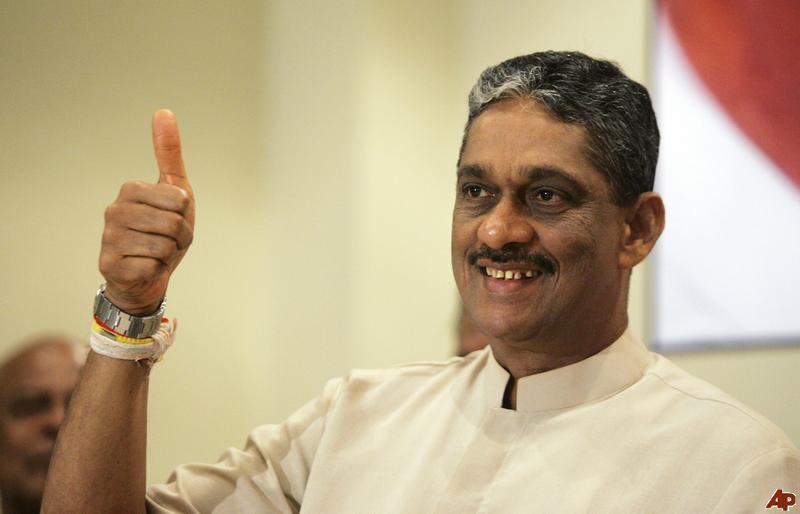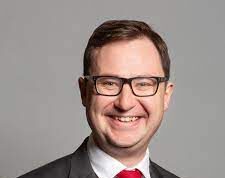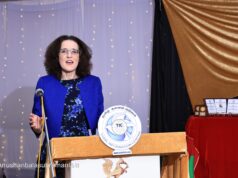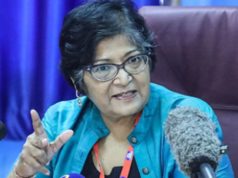 Sri Lanka’s former army chief-turned-opposition leader vowed Thursday to topple the government in elections due by 2016, calling the administration corrupt and dictatorial in a speech three weeks after emerging from prison.
Sri Lanka’s former army chief-turned-opposition leader vowed Thursday to topple the government in elections due by 2016, calling the administration corrupt and dictatorial in a speech three weeks after emerging from prison.
Sarath Fonseka, once a close ally of President Mahinda Rajapaksa but now a bitter enemy, said he was in talks with other opposition lawmakers to come up with a common election strategy against Rajapaksa’s administration.
“We must topple this corrupt government,” he said, in his first news conference since his May 21 release from prison.
Elections, however, are not due for another four years, and the current government is unlikely to want to call early elections because it now controls two-thirds of the parliament’s seats. Also, Fonseka himself is barred from running for another seven years because of his prison term, although he said would spearhead the opposition in the interim.
“I can speak on election platforms, I could form a political party and be its leader and could lead the masses,” he said.
After challenging Rajapaksa in 2010 elections, Fonseka was charged and convicted of fraud – and later of additional charges – in what he and his supporters said was a political vendetta by Rajapaksa’s administration.
The government has denied those allegations, and had no immediate reaction to Fonseka’s comments Thursday.
Fonseka was freed as a result of a presidential pardon by Rajapaksa, which was issued following intense pressure from both the former army chief’s local supporters and foreign governments, including the United States, which called him a “political prisoner.”
Fonseka, on Thursday, accused the government of nepotism. One of Rajapaksa’s brothers is the parliament speaker, another is defense secretary and a third is minister of economic development.
Fonseka also complained about a constitutional amendment pushed through by Rajapaksa’s ruling coalition in 2010 that boosted the president’s control over the judiciary, police and elections officials, while eliminating term limits for the presidency.
Rajapaksa and Fonseka were both considered war heroes by the Sinhalese majority for crushing the Tamil rebels in 2009, ending a quarter-century civil war that killed 80,000 to 100,000 people
But they fell out months after the war ended and the general quit the army after accusing Rajapaksa of sidelining him, suspecting a military coup. Their relationship further deteriorated after Fonseka challenged Rajapaksa in the presidential election in 2010.






